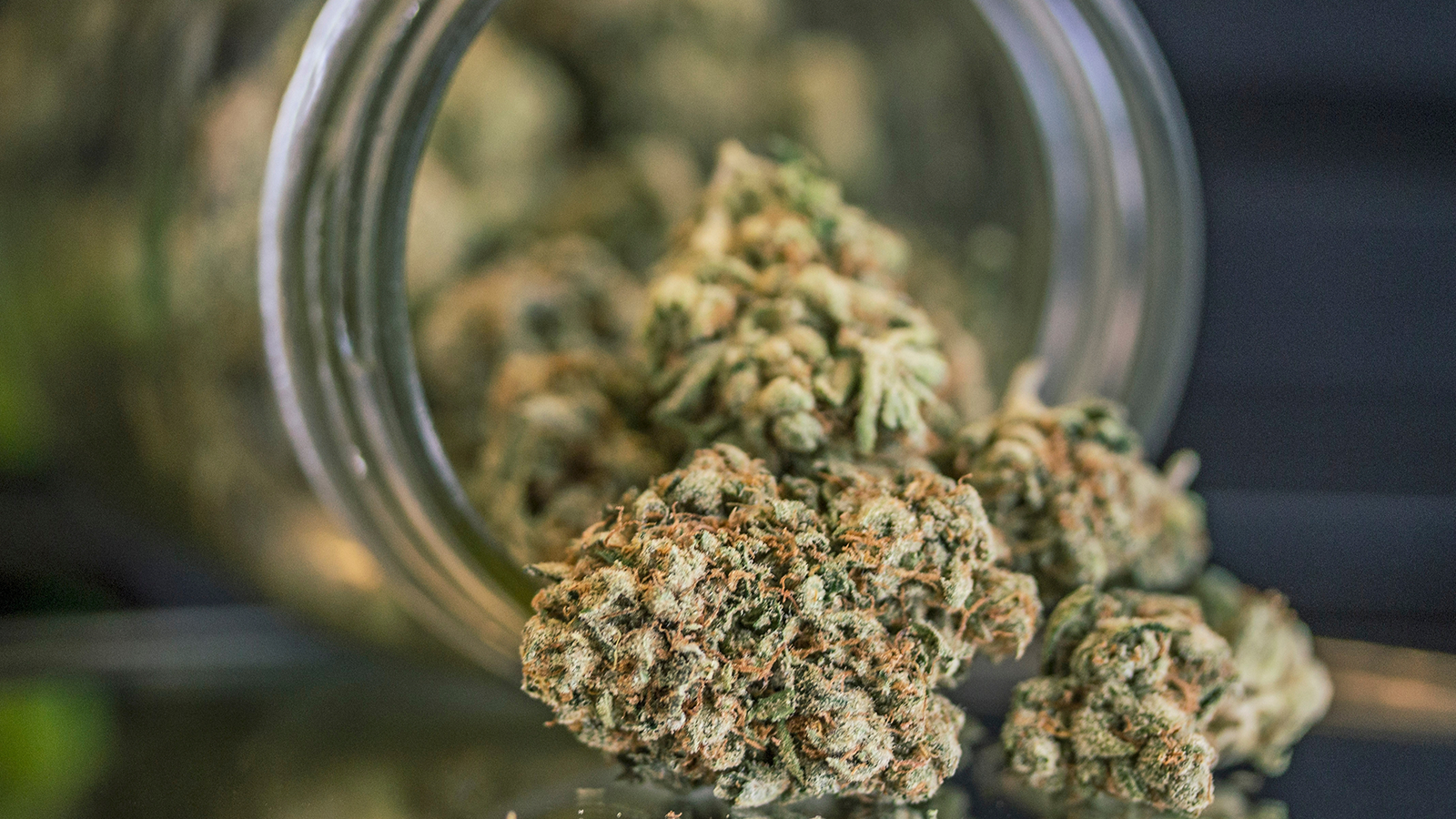The National Collegiate Athletic Association (NCAA) unveiled some groundbreaking news earlier today: the organization is officially adjusting its THC testing policies.
Previously, the maximum cannabinoid threshold was 35 nanograms per milliliter (ng/mL)—which was bumped up from 15 ng/mL back in 2019. Now, the NCAA has drastically increased its THC threshold to 150 ng/mL.
This change is "effective immediately" and will retroactively apply to all drug tests administered during or after the fall 2021 semester.
"Reconsidering the NCAA approach to cannabis testing and management is consistent with feedback from membership on how to better support and educate student-athletes in a society with rapidly evolving public health and cultural views regarding cannabis use," Dr. Brian Hainline, the NCAA's chief medical officer, said.
"Marijuana is not considered a performance-enhancing substance, but it remains important for member schools to engage student-athletes regarding substance use prevention and provide management and support when appropriate," he added.
Committee on Competitive Safeguards and Medical Aspects of Sports adjusts THC test threshold https://t.co/x5Z04kTmDN
— Inside the NCAA (@InsidetheNCAA) February 25, 2022
These recommendations came from the Committee on Competitive Safeguards and Medical Aspects of Sports (CSMAS). The entity also proposed a new penalty structure for student-athletes who test positive for THC.
Under this recommendation, student-athletes with one positive THC test would receive "No loss of eligibility if the school provides a management plan and education for the student-athlete."
Suppose they test positive for THC a second time; in that case, the student could be withheld for up to a quarter of the season if they violated their original "management plan." The penalty rises to half the season upon a third positive test.
However, if the student proves they were continually compliant with the treatment and education plans provided by the university, they wouldn't be subject to a loss of eligibility even after three positive THC tests.
"These adjustments to the NCAA drug-testing program were approved after careful consideration and extensive discussion of the recommendations made by the Drug Testing Subcommittee, which has been meeting since last fall," physician and CSMAS Chair, Dr. Stephanie Chu, said. "The updated cannabis testing policies create a clear pathway for student-athletes to participate in education and management programs specific to their needs at the campus level."
However, "each [NCAA] division will be required to separately adopt new legislation before changes are made" due to the association's bylaws, so it could be some time before this recommended penalty structure is made official.
